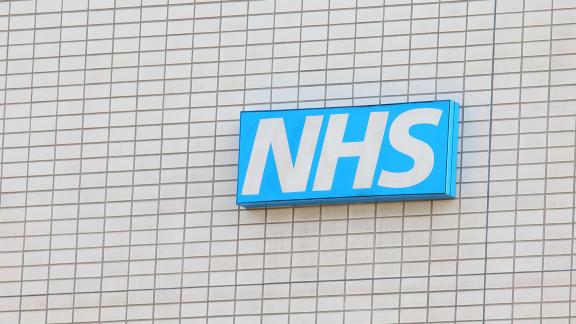NHS Confederation responds to the new letter from NHS England on addressing the financial challenges created by industrial action

Responding to the new letter from NHS England on addressing the financial challenges created by industrial action, Matthew Taylor, chief executive of the NHS Confederation said:
“Our members will welcome any additional money given the impact of intense waves of industrial action and inflation. However, on the face of it this package is clearly insufficient to reassure leaders facing deficits that they can carry on preparing for winter and focus on tackling backlogs.
“NHS leaders have been voicing concerns for months about the extra costs caused by the strikes, which already are over £1 billion. The £800m announced by the government - of which only the £200m announced in September is genuinely “new” and the rest has been released from raiding other budgets elsewhere. This clearly still leaves the NHS falling short of the full financial impact of industrial action. Further to this, we know that if industrial action starts again all bets are off and we would be back to square one.
“Therefore, our members will hope that - notwithstanding this announcement – the government is aware of the situation Trusts and systems are in and that they are committed to finding the means to ensure that the NHS is able to continue to meet demand and recover services.
"To start helping support these services it is vital that this funding reaches the NHS frontline as soon as possible for it to be most effective in bringing in extra winter capacity. Lack of clarity about where the savings will need to come from risk causing further uncertainty. Some of our members have been telling us that they wouldn’t be able to open as many extra winter beds as planned without this funding, so this clarity from the Government is much needed.
“Health leaders also fear that this short-term fix could bring about longer-term consequences for the NHS. What we do know is that central budgets such as capital, technology and international recruitment are going to be targeted for cuts, but these are exactly the areas of investment that will help place the NHS on a more sustainable footing. This is more political short-termism that holds the NHS back from the changes we need to make.
“This is why it is imperative that we move beyond this short-term approach to funding in a way that supports NHS leaders to transform their services and shift the NHS model of care towards more community-based provision and prevention."



